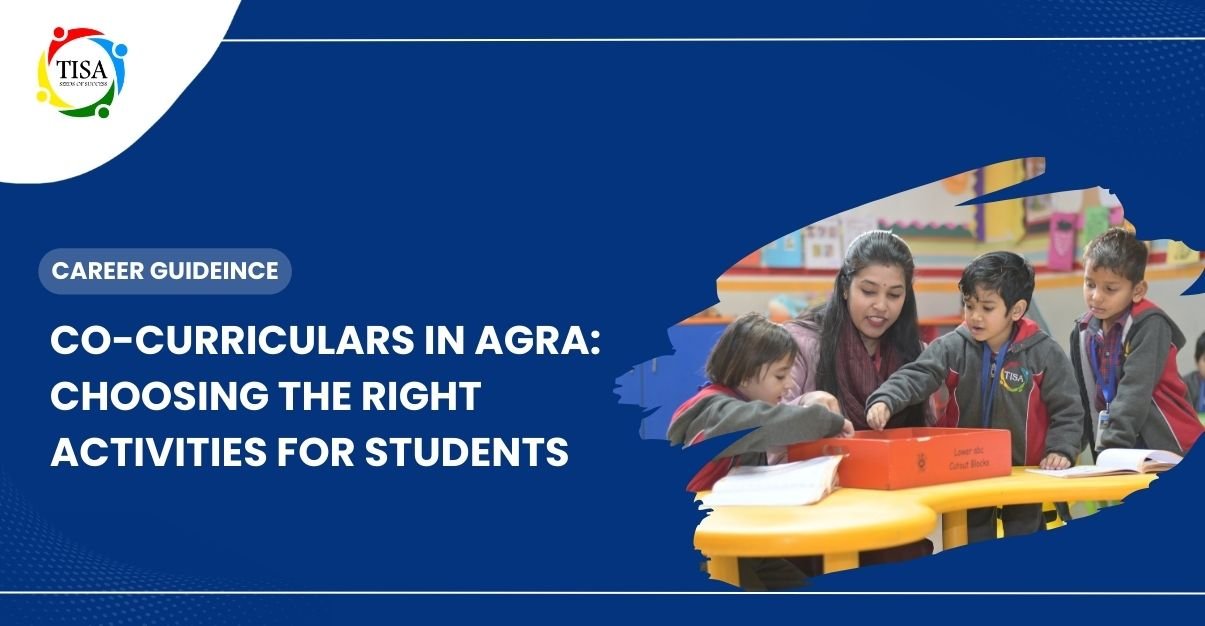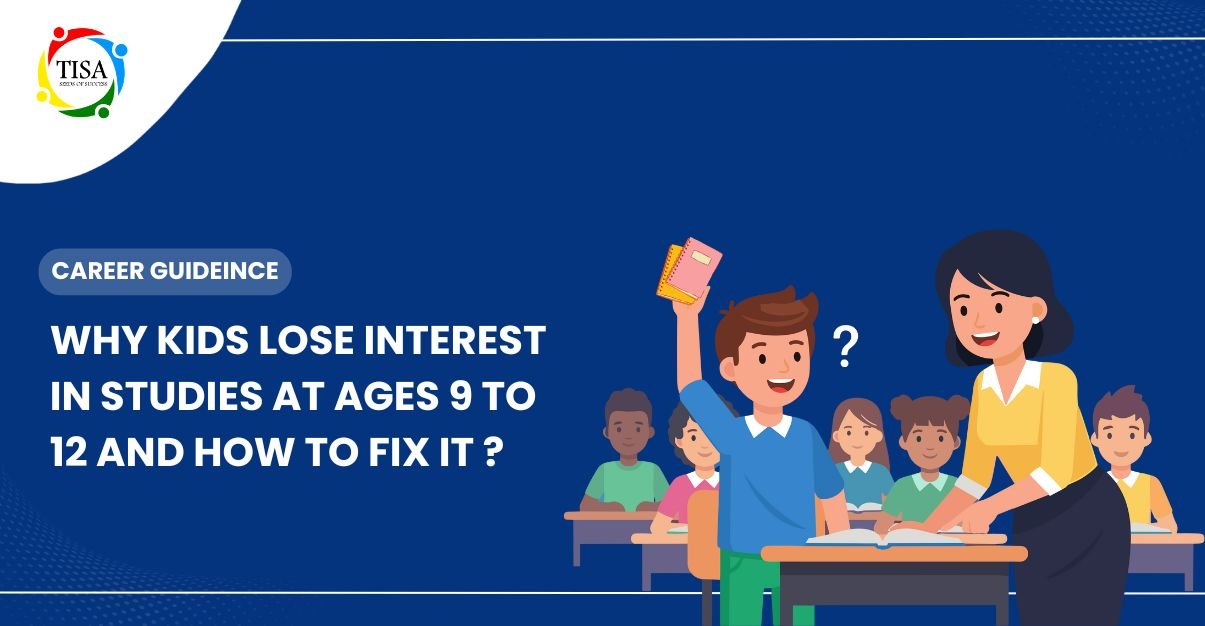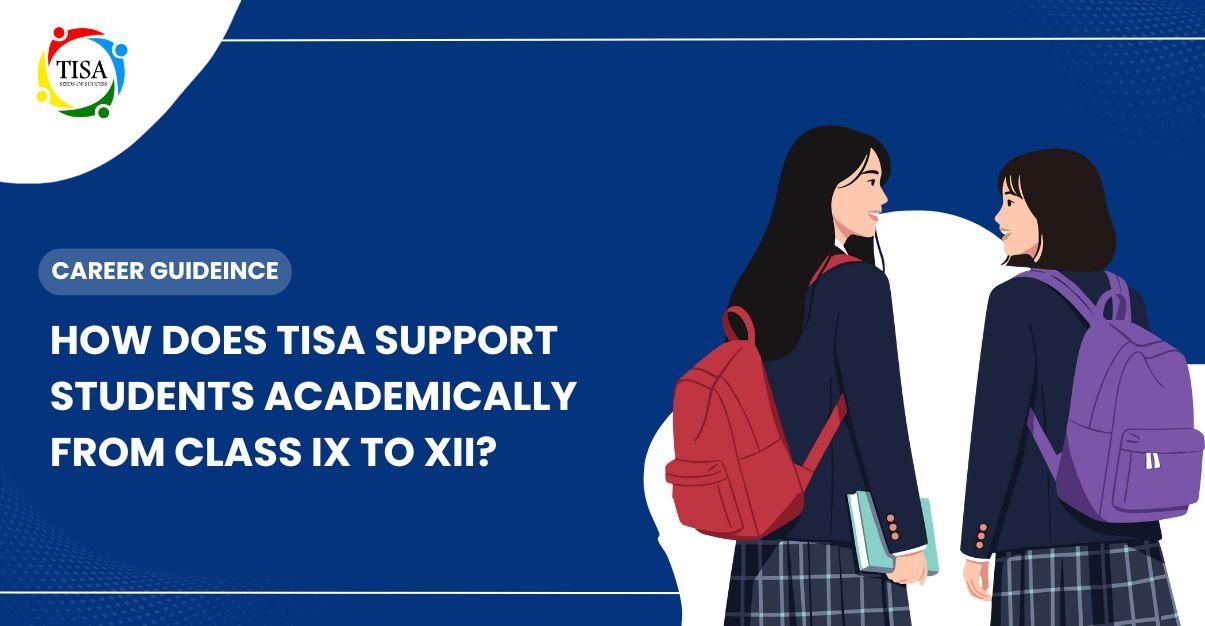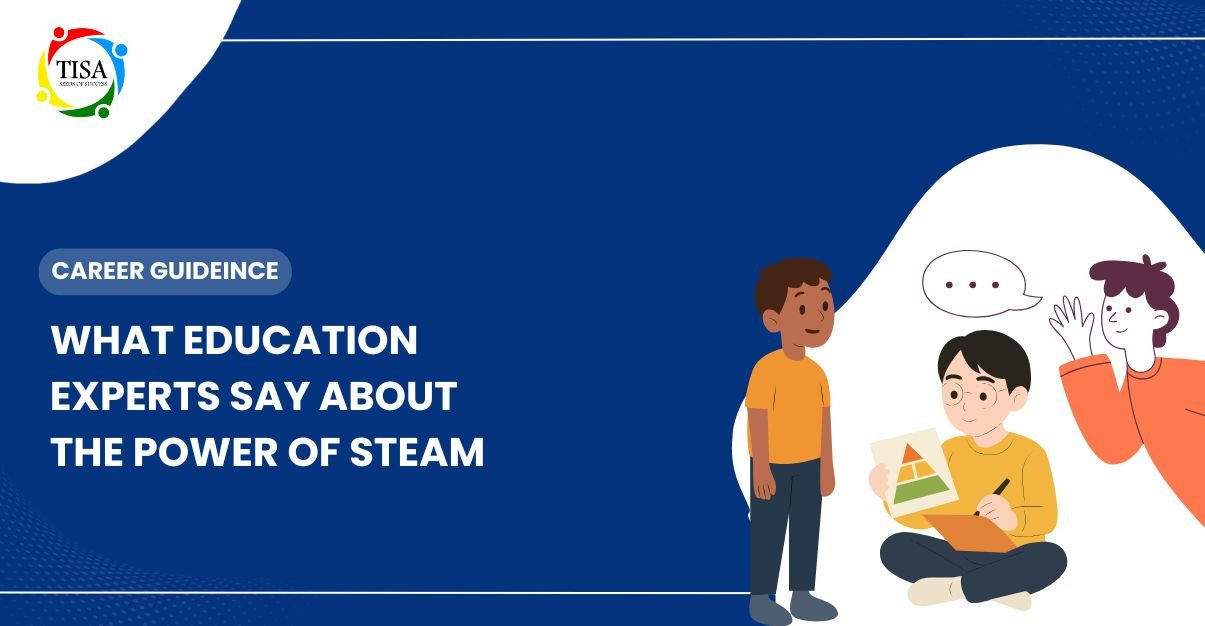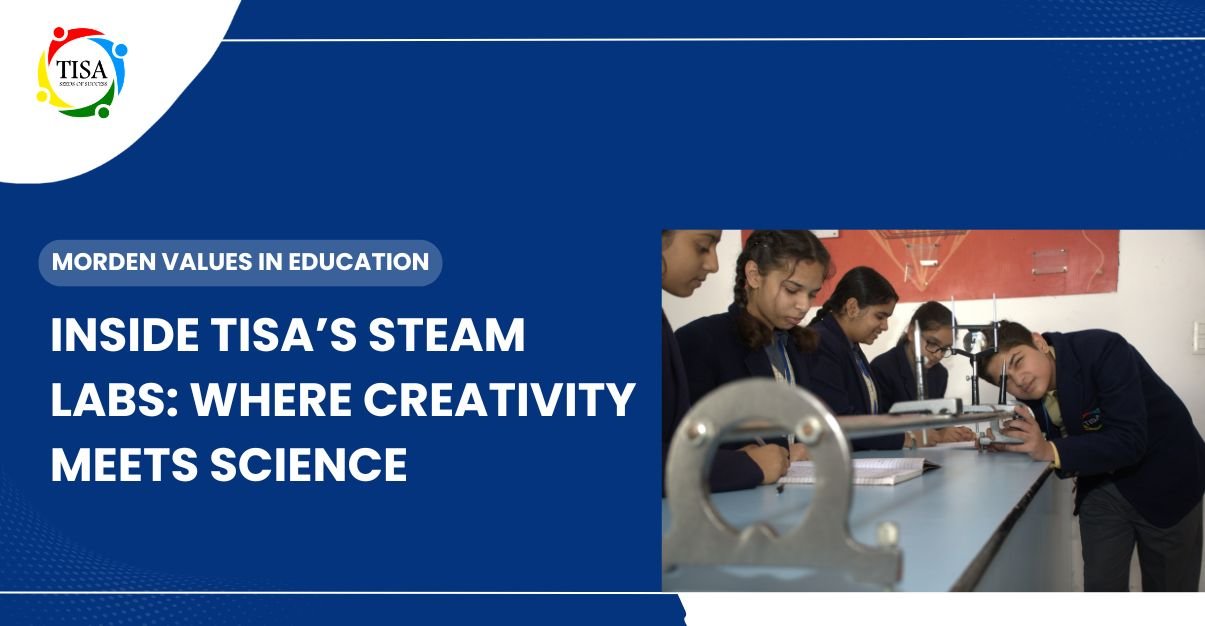Have you ever wondered why the early years of a child’s life are often called the most important ones? Because those first few years are not just about learning to walk, talk, or recognize colors, they are about building the foundation for everything that follows.
The experiences children have before they even enter formal schooling shape how they think, how they feel about learning, and how they interact with the world. As an educator at The International School Agra (TISA), I’ve seen how powerful early childhood education can be in shaping a child’s future.
The Foundation of Brain and Cognitive Development
From birth to around age three is a period of extraordinary brain growth. According to studies by Zero to Three and First Things First, more than one million new neural connections are formed every second during this phase. The brain more than doubles in size within the first year, reaching nearly 80% of its adult volume by age three.
Even when we think a child is too young to understand, they are absorbing everything around them: the tone of our voice, the rhythm of our words, and even our emotions. These early interactions shape how the brain organizes information and lay the foundation for learning, language, and emotional growth.
In a well-designed early childhood environment, children learn far beyond alphabet and numbers; they learn how to think. Through storytelling, puzzles, art, and play, they develop memory, focus, reasoning, and curiosity. These skills later evolve into strong academic abilities.
When a child fits puzzle pieces together or asks “why,” they are actually strengthening the neural pathways responsible for problem-solving and critical thinking.
At TISA, our approach to language development reflects this philosophy. We use engaging, story-driven lessons similar to those explored in The English Pedagogy Where Learning Is Fun and Relatable. Learning here is not about memorization—it’s about discovery and connection.
The Emotional and Social Foundation
Academic growth is essential, but emotional and social learning is equally critical. Preschool is often the first environment where a child interacts regularly with people beyond their family. It’s where they learn to share, take turns, express feelings, and develop friendships.
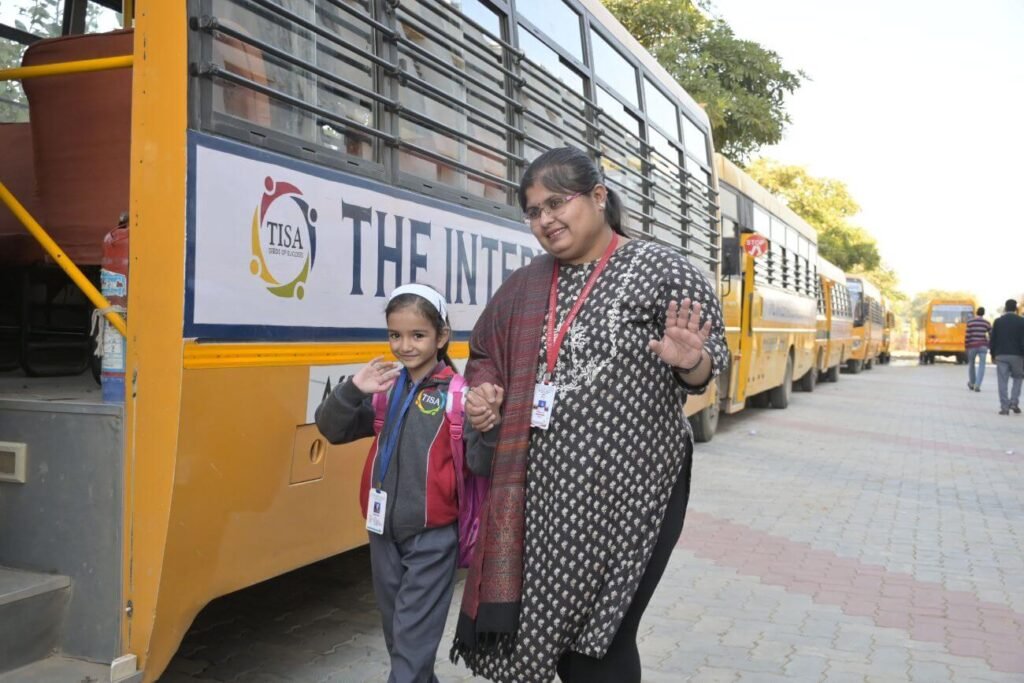
When a teacher helps a child resolve a disagreement or encourages them to use words instead of tears, that child is developing emotional intelligence and resilience. These experiences build empathy, cooperation, and respect—skills that shape future relationships and teamwork.
Parents often ask how they can nurture this development at home. Our article on Parenting Tips for Toddlers Building Early Bonds provides practical ways to encourage empathy, communication, and understanding through everyday interactions.
Building Confidence and Independence
Confidence doesn’t appear overnight; it grows through experience. Early childhood education allows children to explore, make mistakes, and try again within a safe, encouraging space. Every small success, whether tying shoelaces or identifying colors, builds a sense of accomplishment and independence.
This self-assurance carries into later years. Children who feel capable and supported early on are more willing to take on challenges, persist through difficulties, and celebrate their progress.
Preparing for Academic Success
One of the biggest misconceptions about preschool is that it’s just playtime. In truth, play is one of the most effective forms of learning. Through guided play, children develop early literacy, numeracy, and problem-solving skills. They also get used to structure, instructions, and collaboration—skills that make the transition to formal schooling smooth and natural.
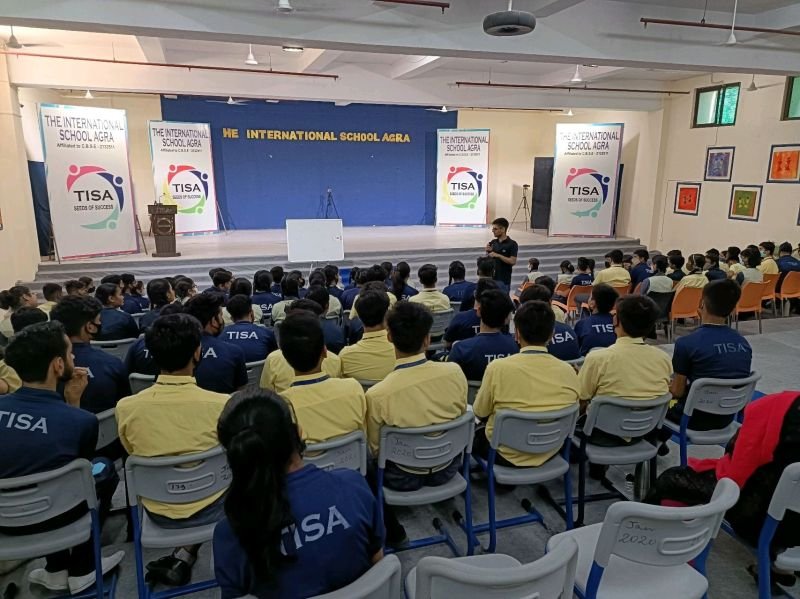
At our preschool, the curriculum blends curiosity-driven exploration with structured learning. Children are encouraged to ask questions, test ideas, and express themselves creatively. This helps them not only excel academically but also develop a lifelong love for learning.
The Long-Term Impact on Life
The benefits of early childhood education extend far beyond the classroom. Studies such as the Abecedarian Early Intervention Project demonstrate that children who experience quality early education are more likely to achieve academic success, pursue higher education, and enjoy stable careers.
But the impact is not only academic. These children tend to grow into empathetic, confident, and adaptable adults. Early learning experiences help bridge social gaps, giving every child a fairer start regardless of background or circumstance.
The TISA Approach
At TISA, we view early childhood education as an investment in lifelong success. Our philosophy combines academic readiness with emotional well-being and creativity. Classrooms at TISA are filled with color, music, storytelling, and hands-on discovery because we believe that learning should always feel joyful.
Teachers act as mentors and guides, helping each child discover their strengths while learning to work with others. We also believe that education thrives on partnership, which is why parent involvement is at the heart of our approach. Together, we help children build confidence, curiosity, and compassion.
Final Thoughts
Early childhood education is not simply about preparing for school—it’s about preparing for life. These first few years shape how children see themselves, approach challenges, and relate to others. Giving your child a nurturing, stimulating start is one of the most meaningful investments you can make.
Explore TISA Kindergarten
If you’re a parent in Agra, we warmly welcome you to explore our kindergarten program, a place where every child’s curiosity is nurtured with care and creativity. At TISA, we believe that the best learning happens when children feel safe, valued, and inspired to ask questions.
Our early years curriculum blends guided exploration with imaginative play, helping children build confidence, communication, and a lifelong love for learning. Each day at TISA brings new moments of discovery, whether it’s a story that sparks imagination or a hands-on activity that deepens understanding.We invite you to take the first step toward your child’s joyful learning journey with us, where growth happens gently, naturally, and with purpose.


